CASE STUDIES
Without concrete evidence, the U.S. government was able to derail each of these scholars’ careers and label them as spies.
In 2021, Gang Chen, a professor at MIT, was charged with wire fraud and failure to report a foreign bank account—not espionage. But U.S. Attorney Andrew Lelling claimed Chen was involved in efforts to promote China’s scientific development. These allegations were absent from the criminal complaint. Chen sought sanctions against Lelling, noting that public statements speculating about his mindset were inappropriate. The court denied these.
On January 20, 2022, the prosecution dropped all charges. By then, Chen had been placed on paid leave and barred from campus. He has since returned to his lab. However, after the ordeal he describes as a “living hell,” he feels uncertain about applying for U.S. government research funding again.
Another professor, Xiaoxing Xi at Temple University, faced similar accusations of being a “technological spy.” In May 2015, the FBI raided his home, detaining his family and interrogating him about a publicly known device called a “pocket heater.” The government alleged that Professor Xi violated an agreement by sharing information about the heater with colleagues in China. Xi was indicted on four counts of wire fraud. The indictment alleged that Xi exploited the device “for the benefit of third parties in China…in an effort to help Chinese entities become world leaders in the field of superconductivity.”
In this case, the government relied on the Foreign Intelligence Surveillance Act (FISA) to conduct warrantless investigations against an American citizen. Despite the lack of evidence supporting the claims, the case persisted under the overarching narrative of espionage. Ultimately, the charges against Xi were dismissed, but not before significant emotional and professional damage had been inflicted.
Anming Hu, an associate professor at the University of Tennessee, became the first scholar to face trial under the China Initiative. In February 2020, Hu was arrested on charges of wire fraud and making false statements related to allegations that he concealed his affiliation with a Chinese university while applying for a NASA grant. Although the charges were unrelated to espionage, he was painted as a national security threat and a spy.
The investigation began after the FBI noted Hu’s alleged participation in China’s Thousand Talents Program, a recruitment initiative aimed at attracting overseas scholars and entrepreneurs. In July 2021, after a mistrial, the court dismissed all counts against Hu, concluding that no rational jury could find he intended to defraud NASA.
All three cases illustrate a persistent pattern of casting suspicion on Asian Americans in academia simply because of their heritage, and using espionage as an underlying rationale, without levying the actual charge. This increased scrutiny and unwarranted targeting was one of the troubling trends that led to the founding of the Asian American Scholar Forum (AASF) in 2021.

